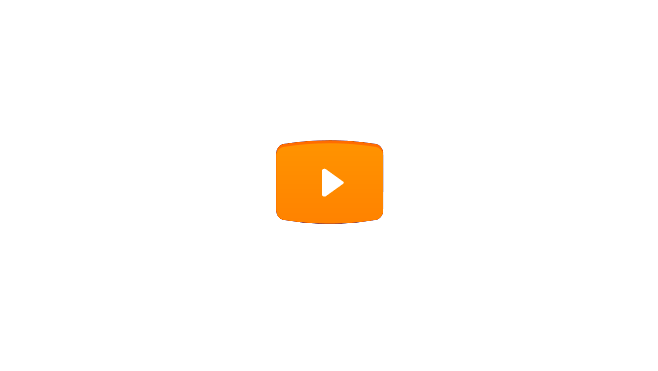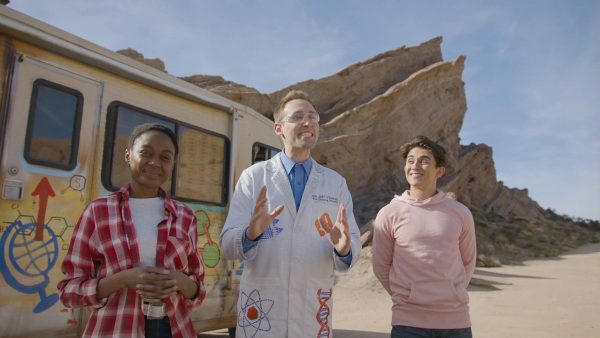Volcano Definition
A volcano is a geological formation from tectonic movements causing molten rock to erupt. For example, when an oceanic plate sinks below a continental plate, it can lead to volcanic activity.
View Lesson on Tectonic Plates
Become a member to get full access to our entire library of learning videos, reading material, quiz games, simple DIY activities & more.
Become a member to get full access to our entire library of learning videos, quiz games, & more.
Plans & Pricingto watch this full video.

Access All Videos
and Lessons, No Limits.
Access All Videos

No credit card required,
takes 7 sec to signup.
No card required

Ready-to-go lessons
that save you time.
Ready-to-go lessons
If you are on a school computer or network, ask your tech person to whitelist these URLs:
*.wistia.com, fast.wistia.com, fast.wistia.net, embedwistia-a.akamaihd.net
Sometimes a simple refresh solves this issue. If you need further help, contact us.
Tectonic Plates
Fun Facts
- Scientists use data from plate movements to help make predictions about future volcanic eruptions.
- The Ring of Fire is a circular region on a world map that has a lot of volcanic eruptions and earthquakes.
- Volcanoes form chains of islands, like the Aleutian Islands.
Why Do We Need To Know About Volcano
Studying volcanoes helps us understand how Earth works and why it’s important for our safety. Most volcanoes are found where Earth’s plates meet, and scientists who study them, called volcanologists, look at how volcanoes form, erupt, and what they look like inside. This helps them try to predict when a volcano might erupt to keep people safe.
Volcanoes are important because they help shape the Earth and are good for the environment in some ways. For example, they create islands like the Aleutian Islands and make some lands very fertile, like in Chile. Learning about volcanoes also helps us know when natural disasters might happen, which can protect people and save lives.
Frequently Asked Questions
Check out the Full Lesson on Tectonic Plates
In this lesson, we learn that:
- The Earth's surface is cracked into large pieces called tectonic plates.
- Tectonic plates slowly move, creating mountains, islands and even re-arranging continents.
- Scientists can track the history of the plate movements by analyzing fossils and rock layers.
Related Topics
- Astronomy Definition
- Bacteria Definition
- Balanced Force Definition
- Biochemistry Definition
- Chromosome Definition
- Circulatory System Definition
- Competition Definition
- Continental Drift Definition
- Convergent Boundary Definition
- Decomposer Definition
- Dissolve Definition
- Distillation Definition
- Divergent Boundary Definition
- Engineering Definition
- Fertilizer Definition
- Food Web Definition
- Fossil Record Definition
- Glacier Definition
- Greenhouse Gases Definition
- Life Cycle Definition
- Light Definition
- Light Reflection Definition
- Liquid Definition
- Magnetic Poles Definition
- Magnetism Definition
- Moon Definition
- Multicellular Definition
- Nucleus Definition
- Parasitism Definition
- Period Definition
- Photosynthesis Definition
- Plant Growth Definition
- Proton Definition
- Pulley Definition
- Seismologist Definition
- Snow Definition
- Surface Runoff Definition
- Symbiosis Definition
- Tectonic Plates Definition
- Trait Definition
- Transform Boundary Definition
- Vibrating Definition
- Volcano Definition
- Watershed Definition
- Weather Definition
- Weather Map Definition
- Wedge Definition
- Weight Definition
Start a Free Trial Today. Get a $5 Amazon Gift Card!
Teachers! Start a free trial & we'll send your gift card within 1 day. Only cards left. Try it now.
Select Grade
Select Subject
This email is associated with a Science Kit subscription. Kit subscriptions are managed on this separate page: Manage Subscription

-
Download InvoiceScience & Math$/yr
-
Download InvoiceScience Only$/yr

access all lessons
• No credit card required •
"My students loved the videos. I started the video subscription in May and used them as a review before the state test, which I know contributed to 100% of my class passing the state test."
Rhonda Fox 4th Grade Teacher, Ocala, Florida
• No credit card required •
"My students loved the videos. I started the video subscription in May and used them as a review before the state test, which I know contributed to 100% of my class passing the state test."
Rhonda Fox 4th Grade Teacher, Ocala, Florida
• No credit card required •
Already a member? Sign In
* no credit card required *

* no credit card required *
* no credit card required *


no credit card required
Skip, I will use a 3 day free trial
Enjoy your free 30 days trial
-
Unlimited access to our full library
of videos & lessons for grades K-5. -
You won’t be billed unless you keep your
account open past your 14-day free trial. -
You can cancel anytime in 1 click on the
manage account page or by emailing us.
-
Unlimited access to our full library of videos & lessons for grades K-5.
-
You won't be billed unless you keep your account open past 14 days.
-
You can cancel anytime in 1-click on the manage account page.
Cancel anytime in 1-click on the manage account page before the trial ends and you won't be charged.
Otherwise you will pay just $10 CAD/month for the service as long as your account is open.
Cancel anytime on the manage account page in 1-click and you won't be charged.
Otherwise you will pay $10 CAD/month for the service as long as your account is open.
We just sent you a confirmation email. Enjoy!
DoneWe use cookies to make your experience with this site better. By using this site you agree to our use of cookies. Click "Decline" to delete and block any non-essential cookies for this site on this specific property, device, and browser. Please read our privacy policy for more information on the cookies we use.Learn More
We use cookies to improve your experience. By using this site, you agree to our use of cookies. Click "Decline" to block non-essential cookies. See our privacy policy for details.Learn More



























































































































